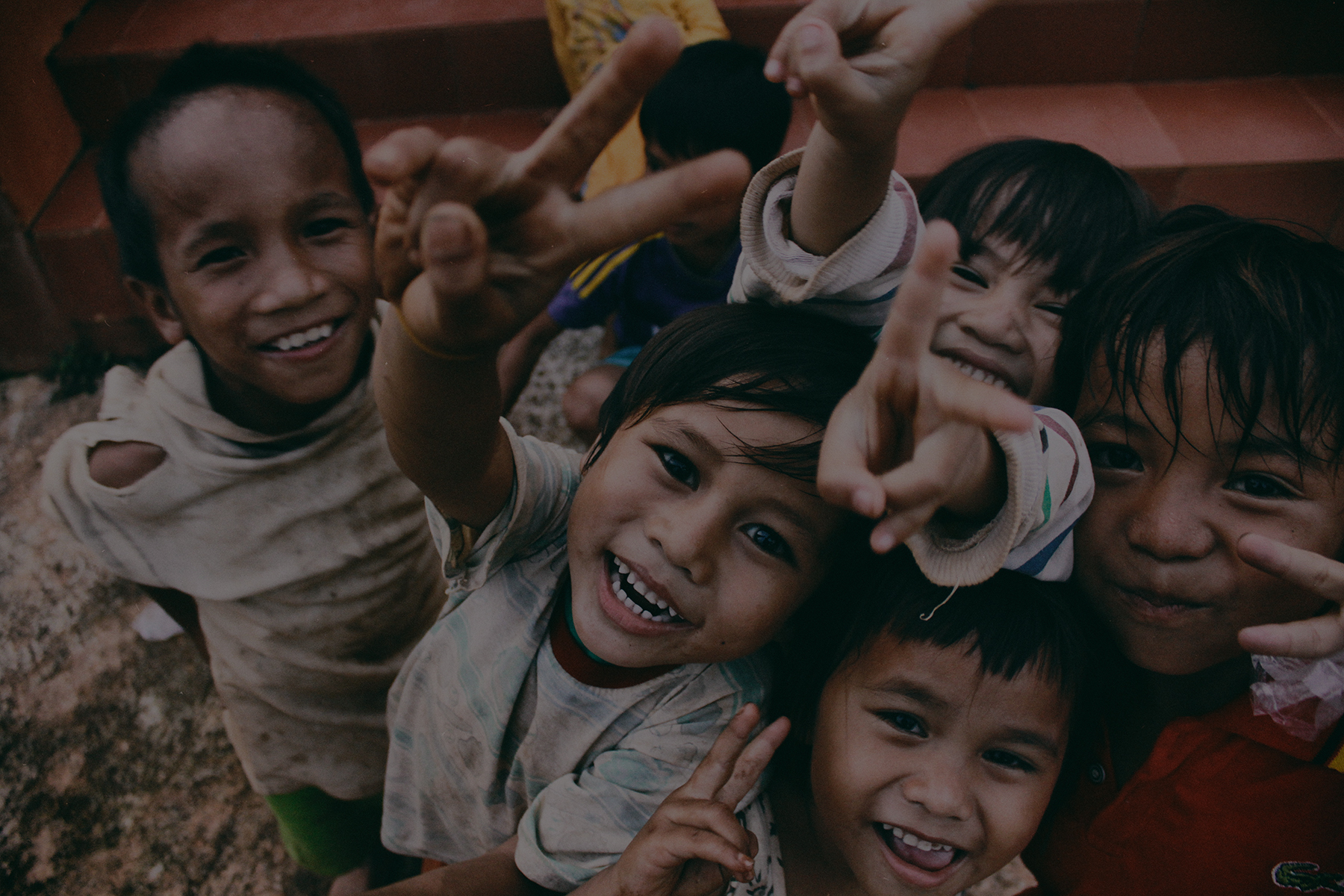[ssba_hide] Violent punishment of children is now recognised as a human rights violation. The Committee on the Rights of the Child and other human rights Treaty Bodies systematically recommend prohibition of corporal punishment and other humiliating forms of punishment in all settings including the home/family. Explicit prohibition was also recommended by the UNSG’s Study into VAC. South Asian States committed to prohibiting all corporal punishment following the Study’s 2005 regional consultation and the follow-up meeting in 2006.
Corporal punishment is widely practised at home and in schools, other institutions and penal systems for young people, as well as in situations of child labour. It remains socially accepted throughout the region, as it does in all regions of the world, except in the few countries where it has been prohibited and systematically challenged through sustained public, teacher and parent education.. Corporal punishment in the form of hitting, slapping, kicking, beating, pulling hair, etc., and other forms of humiliating punishment are not as yet generally perceived as abusive. There is inadequate teacher training and parent education, promoting positive, non-violent forms of discipline..
The persisting legality and social approval of violent punishment is the most symbolic reflection of children’s low status in societies, as possessions rather than individual people and rights-holders. Ending this legalised violence against children is not only a human rights imperative, it is also an essential strategy for reducing and eliminating all other forms of violence against children. No state can claim it has an effective child protection system while its laws still authorise and defend corporal punishment
Key Result:
By 2015, all States have identified the necessary actions and measures to prohibit all corporal punishment in all settings including law reform and are reinforcing positive parenting practices and positive classroom management programmes.Indicators: 1. # of States that have laws in place to ban corporal punishment in all settings including at home, schools, institutions, workplaces
2. # of parenting programmes developed at national, district, local level.
3. # of teachers and health professionals trained to offer positive parenting counselling services
4. # of parents reached in each country
5. # of States including positive discipline techniques in national teacher training programmes
6. # of teachers trained in positive discipline techniques



